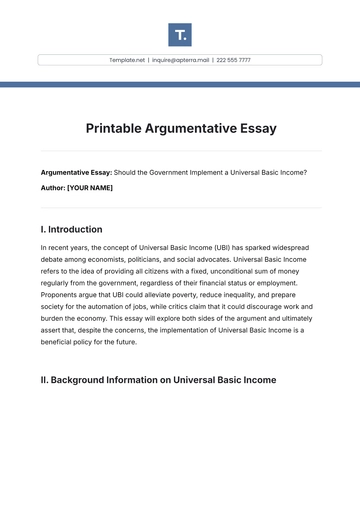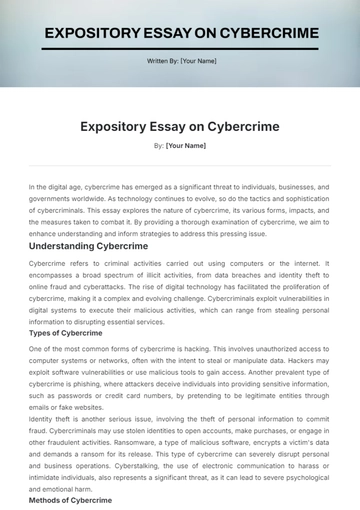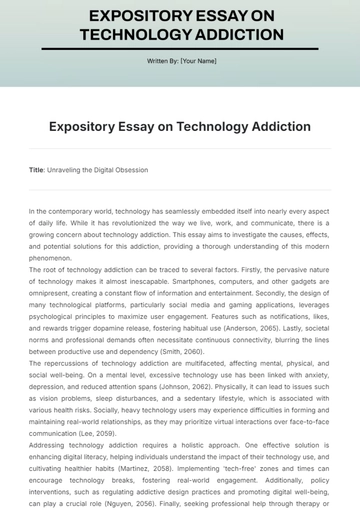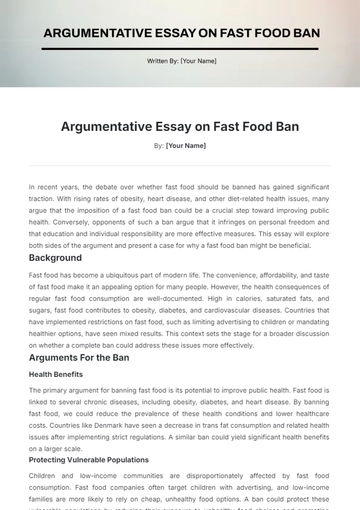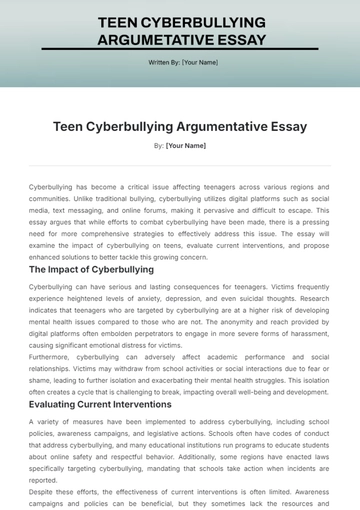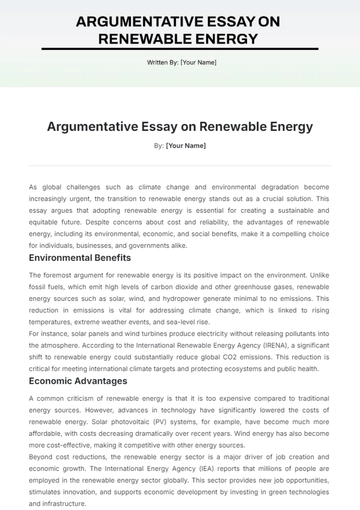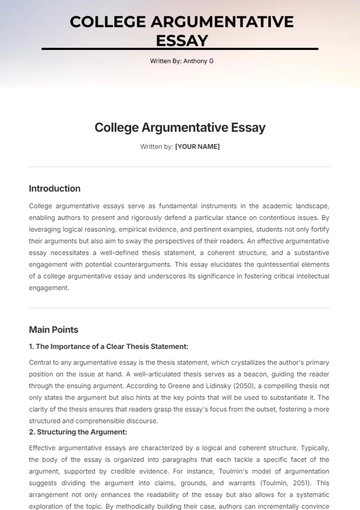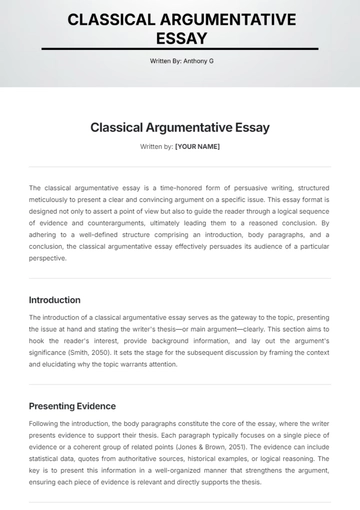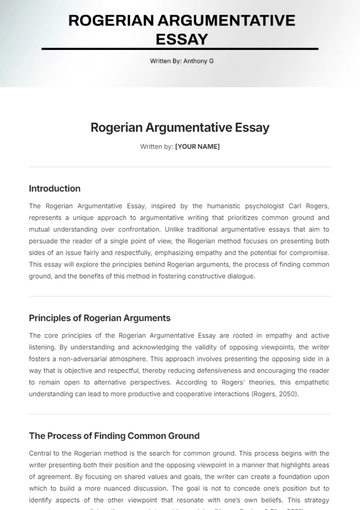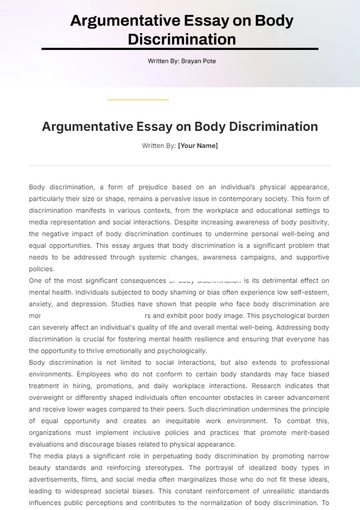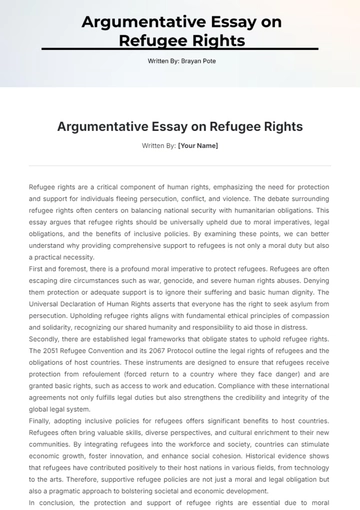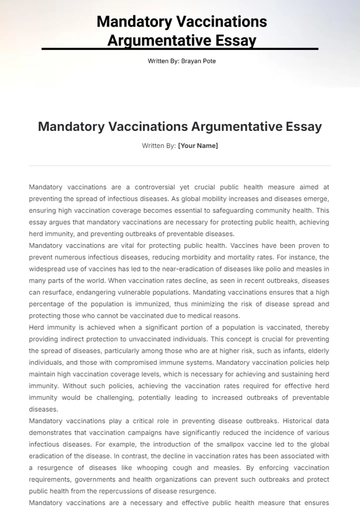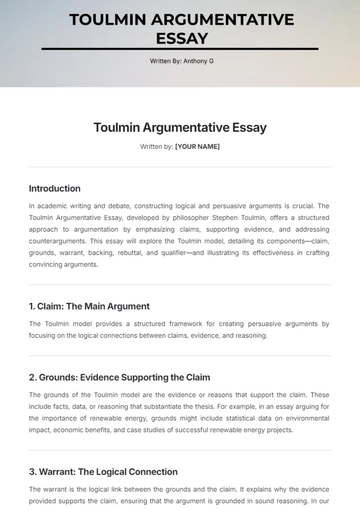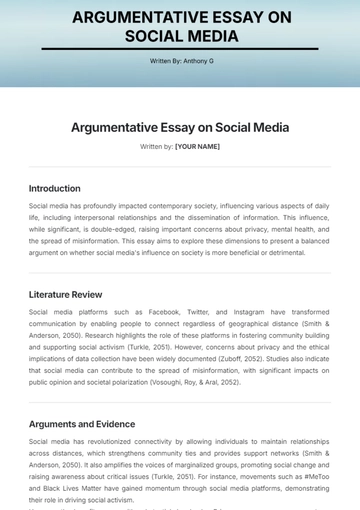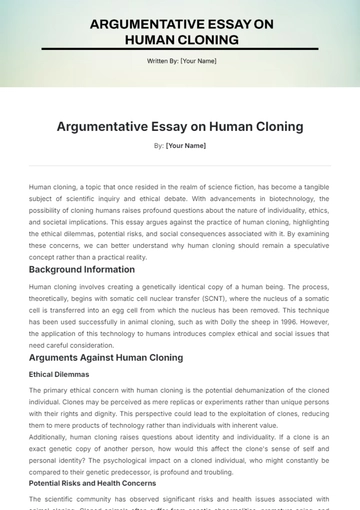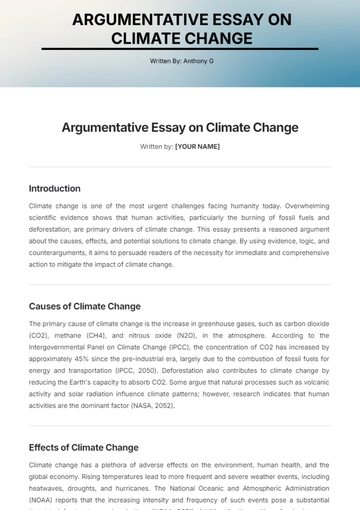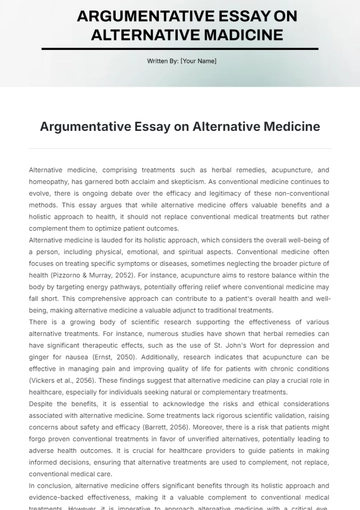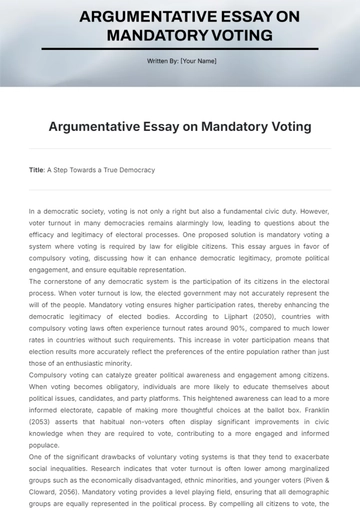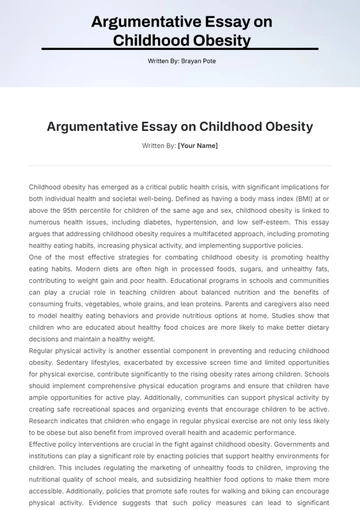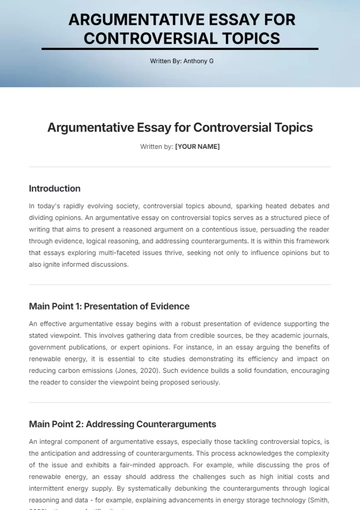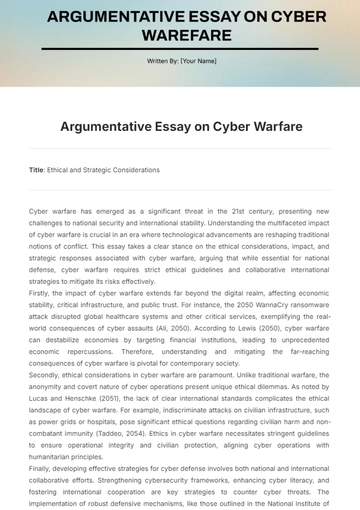Free Global Warming Persuasive Essay

Global warming stands as one of the most pressing environmental challenges of our time, with profound implications for the natural world. The intricate web of life that sustains ecosystems across the globe is increasingly under threat due to the escalating temperatures driven by human activities. It is imperative that we acknowledge the gravity of this issue and take decisive actions to mitigate its impacts on nature.
The phenomenon of global warming is primarily attributed to the excessive emissions of greenhouse gases, such as carbon dioxide and methane, resulting from industrial activities, deforestation, and the burning of fossil fuels. These emissions trap heat within the Earth's atmosphere, leading to a rise in global temperatures. The consequences of this warming are already evident, as seen in the melting of polar ice caps, the rising sea levels, and the increased frequency of extreme weather events.
Nature bears the brunt of global warming in multifaceted ways. For instance, the warming of ocean waters has led to the bleaching of coral reefs, which are vital marine ecosystems that support a diverse range of species. The loss of these reefs not only disrupts marine biodiversity but also affects the livelihoods of communities that depend on them for food and tourism. On land, rising temperatures and shifting weather patterns have resulted in habitat loss and altered migration patterns for numerous species. The delicate balance of ecosystems is disrupted, leading to a decline in biodiversity and the potential collapse of ecological networks.
Moreover, forests, which play a crucial role in sequestering carbon dioxide, are increasingly susceptible to wildfires, pests, and diseases exacerbated by higher temperatures. The loss of these forests further accelerates global warming, creating a vicious cycle that threatens the stability of our planet's climate.
To mitigate the impacts of global warming on nature, it is essential to adopt a multifaceted approach. Reducing greenhouse gas emissions through the transition to renewable energy sources, enhancing energy efficiency, and implementing sustainable land-use practices are critical steps. Additionally, preserving and restoring natural habitats can bolster the resilience of ecosystems against the impacts of climate change.
In conclusion, the urgency to address global warming cannot be overstated. The health of our planet's natural systems is inextricably linked to our own well-being. By taking concerted action to reduce emissions and protect ecosystems, we can safeguard the biodiversity and natural beauty that are invaluable to life on Earth. The time to act is now, for the sake of nature and future generations.
- 100% Customizable, free editor
- Access 1 Million+ Templates, photo’s & graphics
- Download or share as a template
- Click and replace photos, graphics, text, backgrounds
- Resize, crop, AI write & more
- Access advanced editor
Convince and engage with Template.net's Global Warming Persuasive Essay. This editable and customizable resource offers a compelling framework for arguing the urgency of addressing global warming. Seamlessly tailor and refine your essay using our Ai Editor Tool, ensuring it aligns with your persuasive goals and audience. Advocate for change, exclusively with Template.net.

